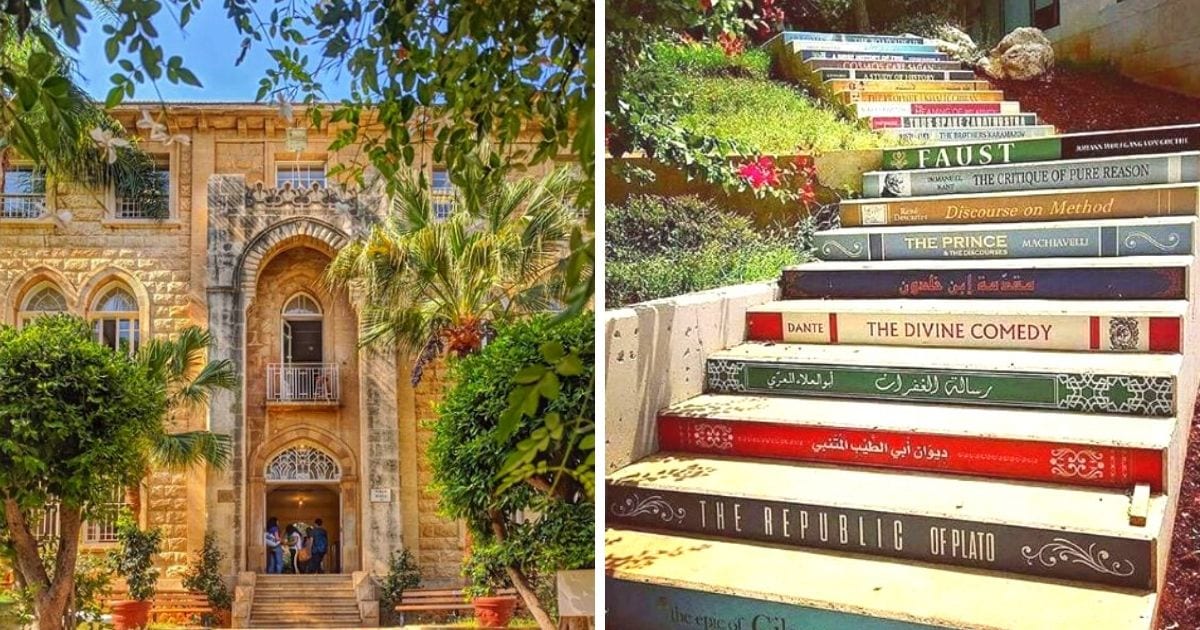As Lebanon celebrates the legalizing of cannabis cultivation for medical use, Lebanese cultivators must know that Lebanon is ranked as the third major supplier of cannabis in the world, according to the United Nations On Drugs and Crime UNODC 2019 drug report.
The UNODC wrote in its annual report, “Afghanistan appears to be the second most important source country of cannabis resin worldwide, with 20% of all cannabis resin seized worldwide reported in the annual report questionnaire over the period 2013–2017 as originating there, followed by Lebanon (6 %) and Pakistan.”
The number one major source country of cannabis in the world remains Morocco. Lebanon has ranked as the fourth major source of cannabis from 1994 until 2003, and then the third from 2007 until 2014, as the UNODC reported in its annual reports.
The bill has legalized cannabis for medical usages only. Recreational use of cannabis remains illegal in Lebanon.
According to The Guardian, Lebanese farmers have reported that since the Syrian conflict began in 2011-2012, their trade has grown by 50%.
The reason behind the growth was that Lebanese authorities have turned their attention to border security, which means that cultivators would freely grow cannabis illegally.
The Bekaa Valley is considered one of the best lands for cultivating cannabis, which is classified among the finest species in the world, and it does not contain more than 1 percent of narcotic substance.
Agriculture Minister Abbas Mortada
“Today they [cultivators] bring in an estimated $175m-$200m a year, exporting to the Gulf, Europe, Africa, and North America,” The Guardian added.
According to Bloomberg and Lebanon’s General Directorate for Studies and Information, cannabis cultivation can bring Lebanon over one billion dollars a year.
The legalizing of the cultivation is part of a package of reforms proposed by McKinsey & Company, a global consultancy firm hired to come up with a five-year plan to rescue Lebanon’s ailing economy.
However, some are questioning the projected financial returns due to an expected monopoly of the industry and its export.
Ismail Sukariyeh, the president of the National Health Authority, stated in the report: “Based on my experience in the medical field, in a worn-out country that does not apply laws, the cannabis cultivation legislation will lead to transgressions from some hospitals and medical agencies, in addition to a monopoly on their export.”
It is still unclear whether McKinsey’s plan calls for the Lebanese government to work with established farmers in the Bekaa, or build an entirely new industry.
Nonetheless, cultivators remain hopeful, stressing that legal cultivation will prevent authorities from burning down their farms.
Policy analyst and professor at George Washington University in the US Firas Maksed explained that “if cannabis cultivation is regulated and taxed properly, this is a net positive for Lebanon.”
















